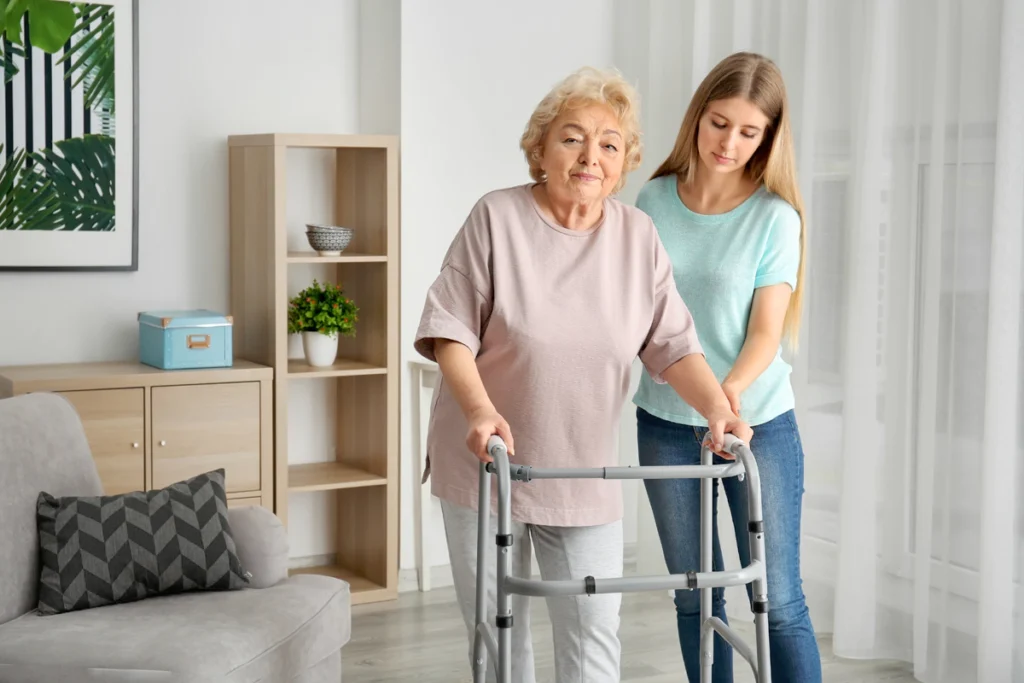There’s a common saying that your body can survive three weeks without food but only three days without water – while the exact number varies from person to person and their living conditions, it does bring across the significance of water in our lives. While we all understand this and try to maintain a good water intake, with age, we tend to ignore our body’s needs and often end up suffering the health consequences of dehydration. Be it due to a lack of mobility, a major illness or simply because of bodily changes, older adults are more prone to dehydration. If you are someone responsible for caring for an elderly person, ensuring proper hydration must be one of your responsibilities. To help you better fulfil this responsibility, let us take you through the symptoms of elderly dehydration. Keep your eyes open for these signs and do your bit towards maintaining their health and well-being.
But before we get into the signs, let us understand why dehydration is more common in older adults.
Dehydration in Seniors: Why Are They More Vulnerable to Dehydration?
Lower Water Percentage
Decrease Thirst Sensation
Lower Kidney Function
Medications
Reduced Mobility
Elderly Dehydration: Signs & Symptoms
Dry Throat and Mouth
Reduce Urine Input
Confusion
Excessive Fatigue
Dizziness and Lightheadedness
Dry Skin
Headache & Constipation
Rapid Heart Rate
Severe dehydration can lead to rapid heart rate or palpitations, as when there is a lack of water in your body, your heart has to work harder to pump blood.
Being aware of these symptoms of elderly dehydration and tracking them early on can go a long way in preventing it from escalating into a grave health concern. At Matrix Health Care, our support workers keep track of all such symptoms and help prevent dehydration.
What are the Best Ways to Prevent Dehydration in the Elderly?
- Beyond drinking water when thirsty, encourage and monitor regular fluid intake.
- Add water-rich foods like watermelon, cucumber, lettuce, etc., to your daily diet.
- Set a clear intake routine, like after meals, waking up, etc.
- Ensure access to a variety of fluids other than water, like herbal tea, electrolyte drinks, etc.
- Adapt fluid intake as per changing environments. For instance, during summer, water intake is increased by a considerable amount.
- Limit drinks containing caffeine and alcohol as it leads to excessive fluid loss.
Proper hydration is one of the critical factors in maintaining optimum health. If ignored, it can lead to several problems in the elderly, like electrolyte imbalances, kidney problems, lower blood pressure, etc. So, make sure you are both aware of elderly dehydration – signs & symptoms and are employing diverse ways to prevent dehydration.
At Matrix Health Care, we target the overall well-being of those who place their trust in us. Apart from offering enhanced disability support, we also focus on minor fronts and help the NDIS Melbourne participants reach their optimum health. Connect with us to know how we can support you and your loved ones in your/their disability journey.








 Make My Website
Make My Website